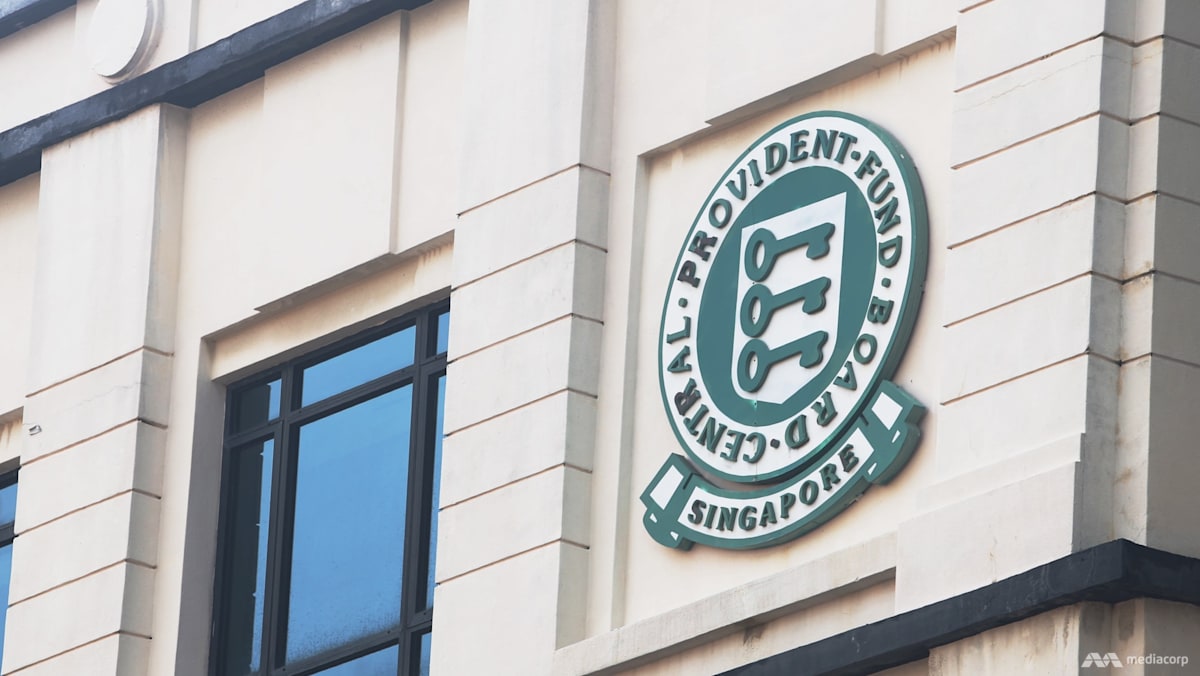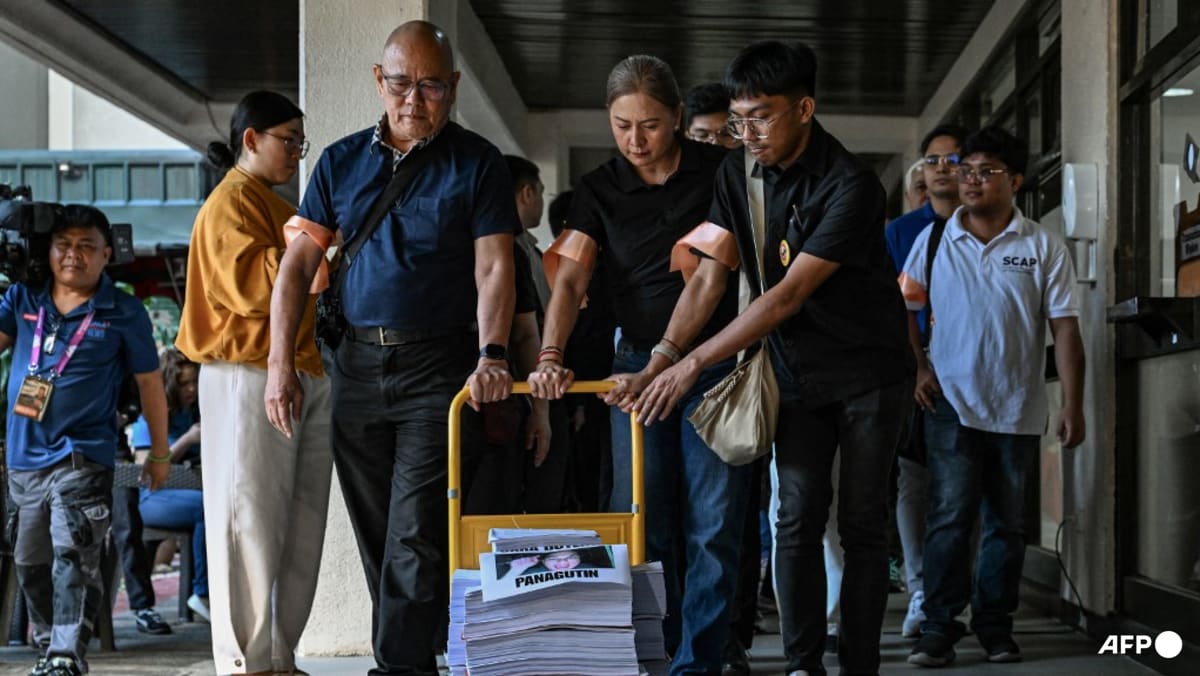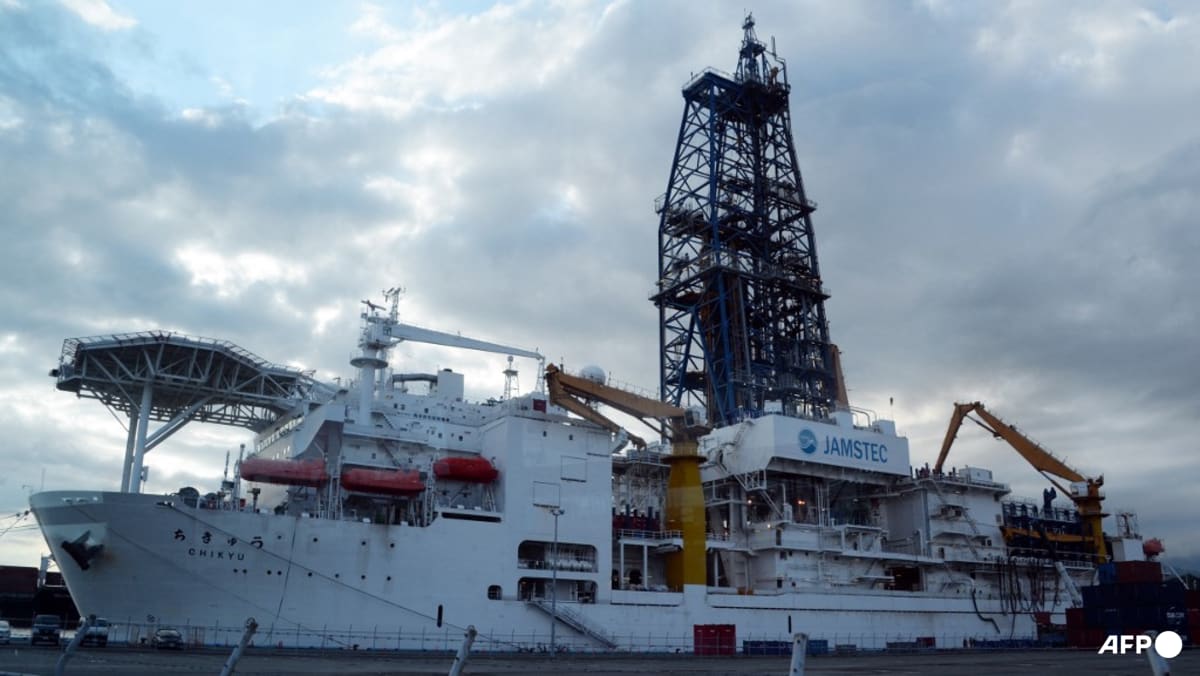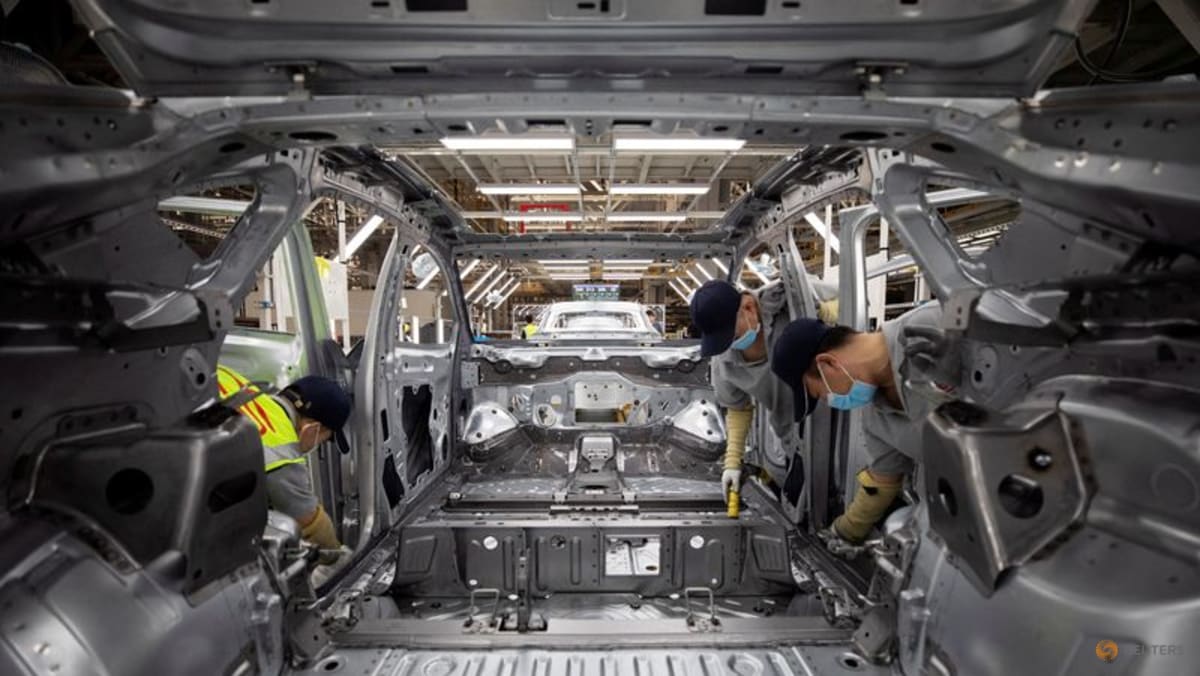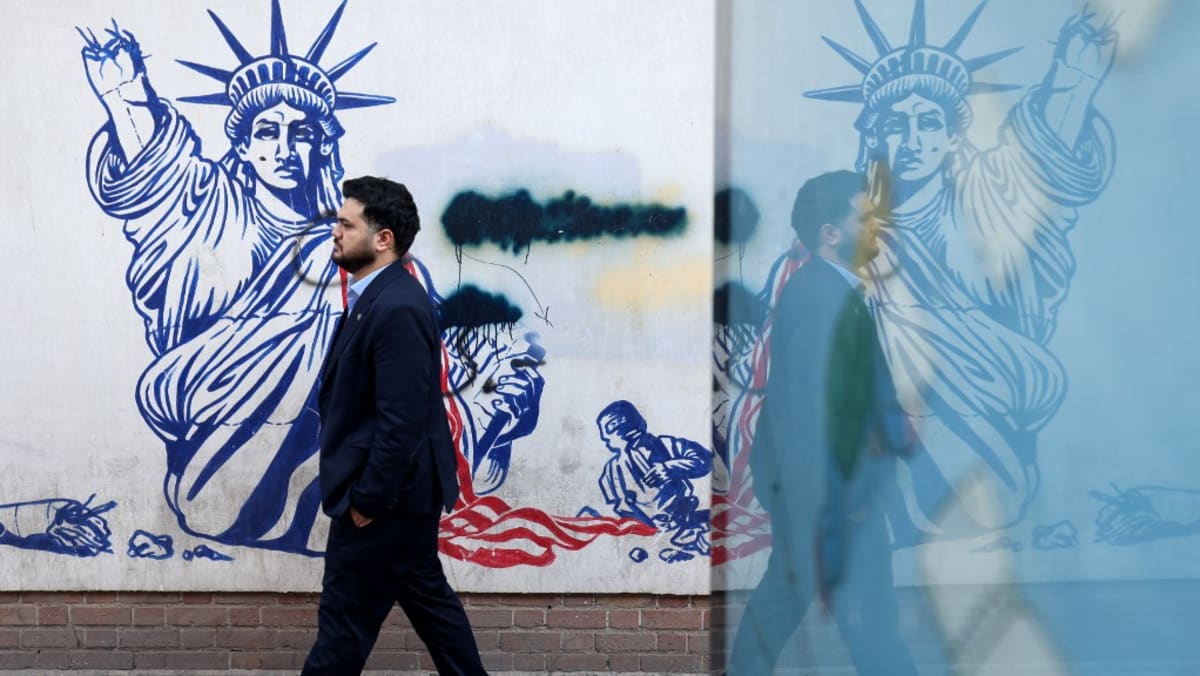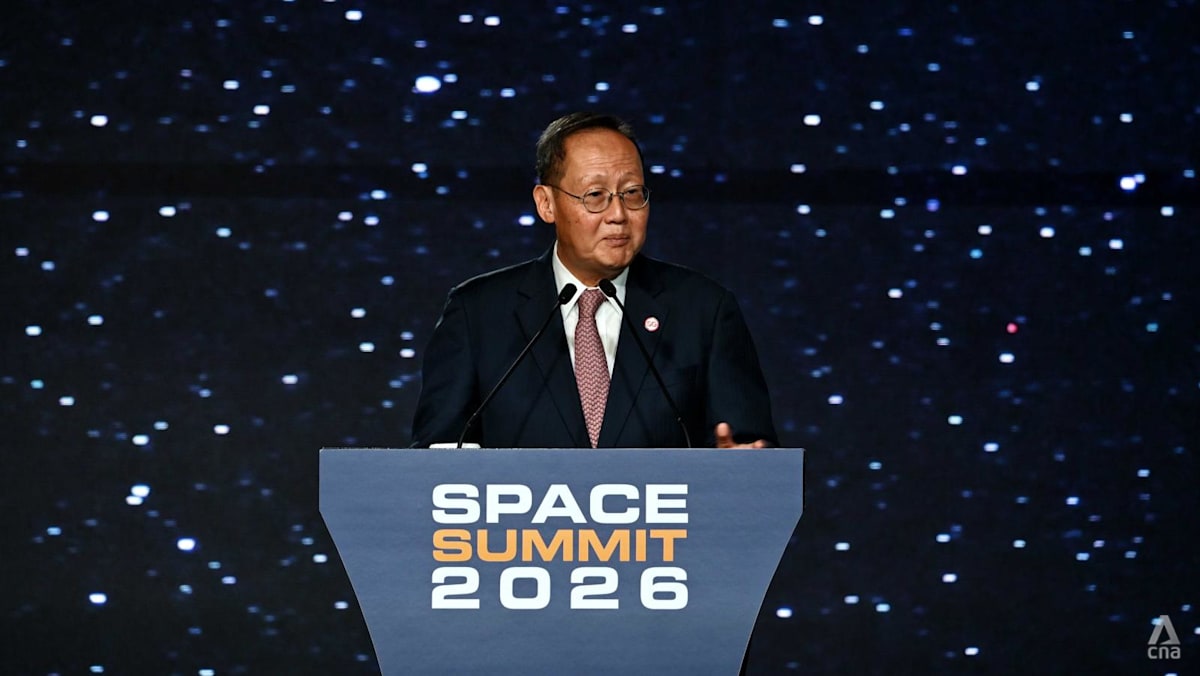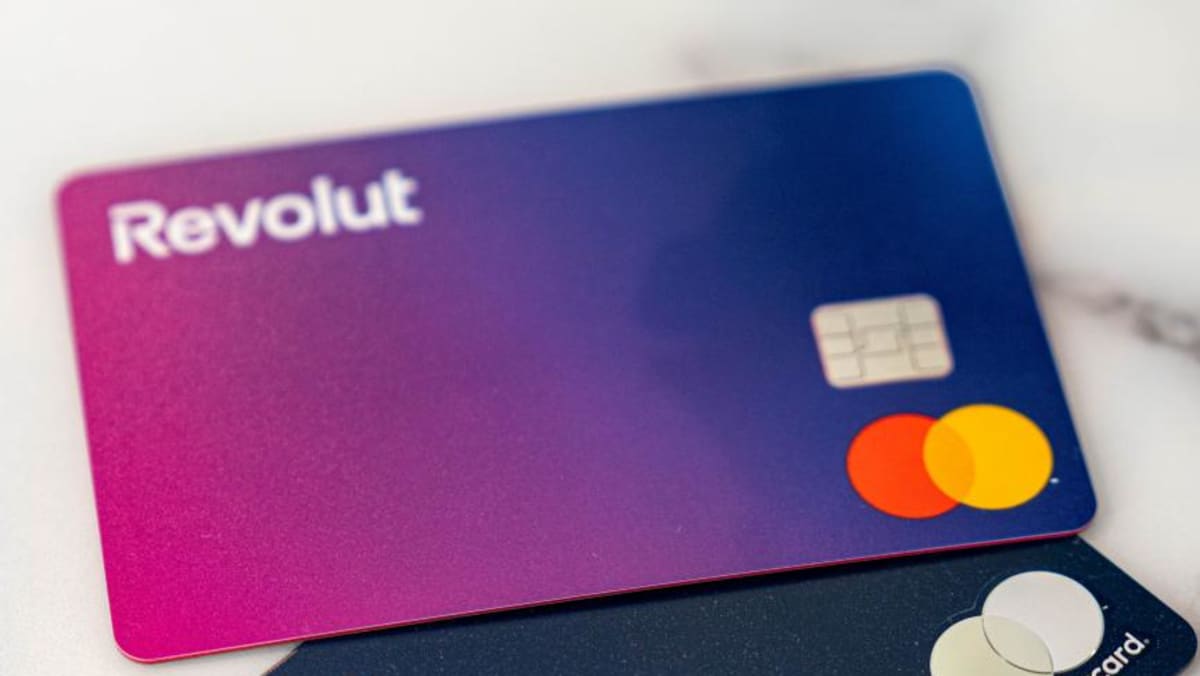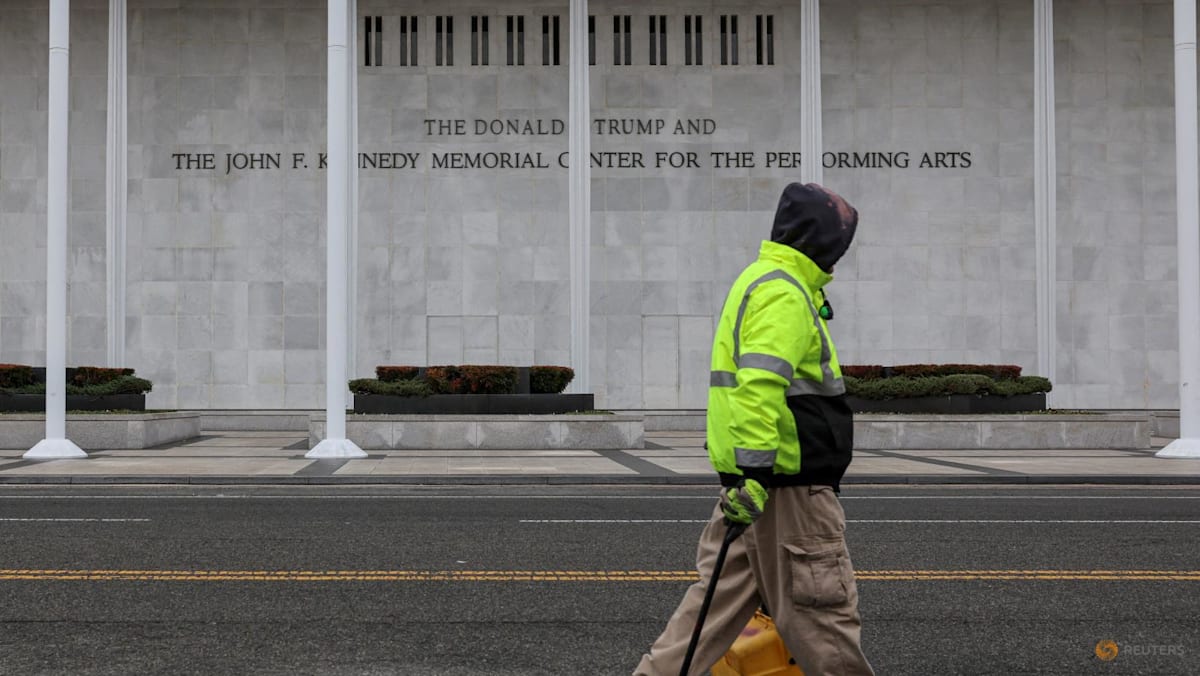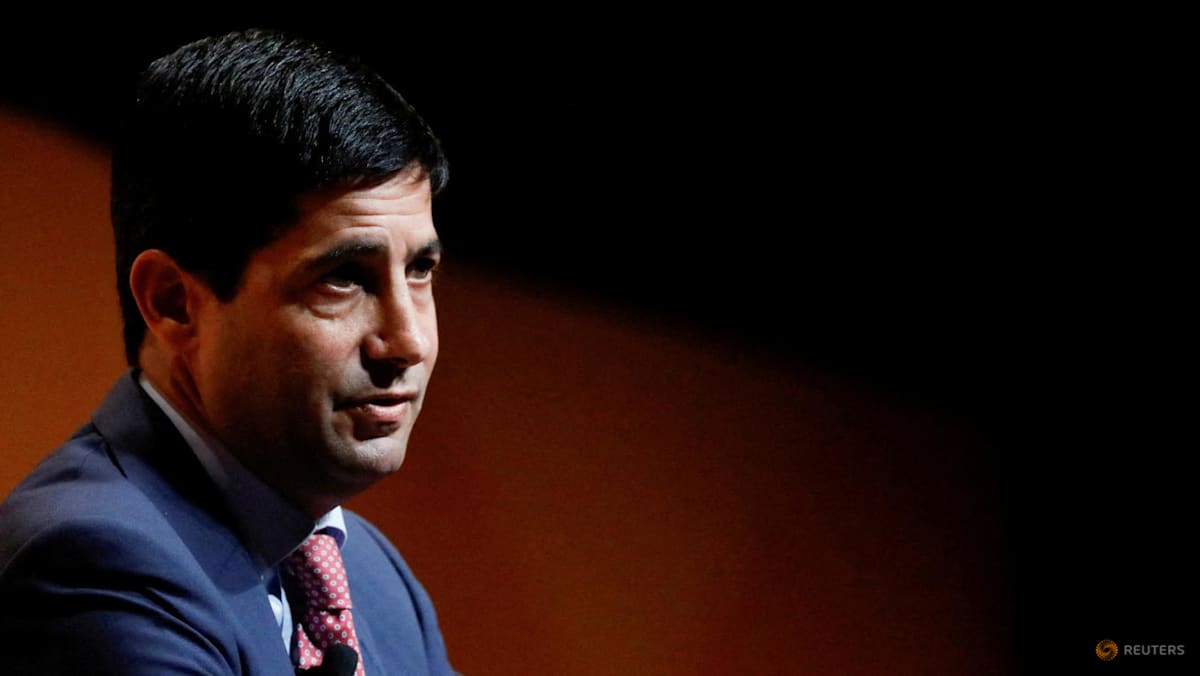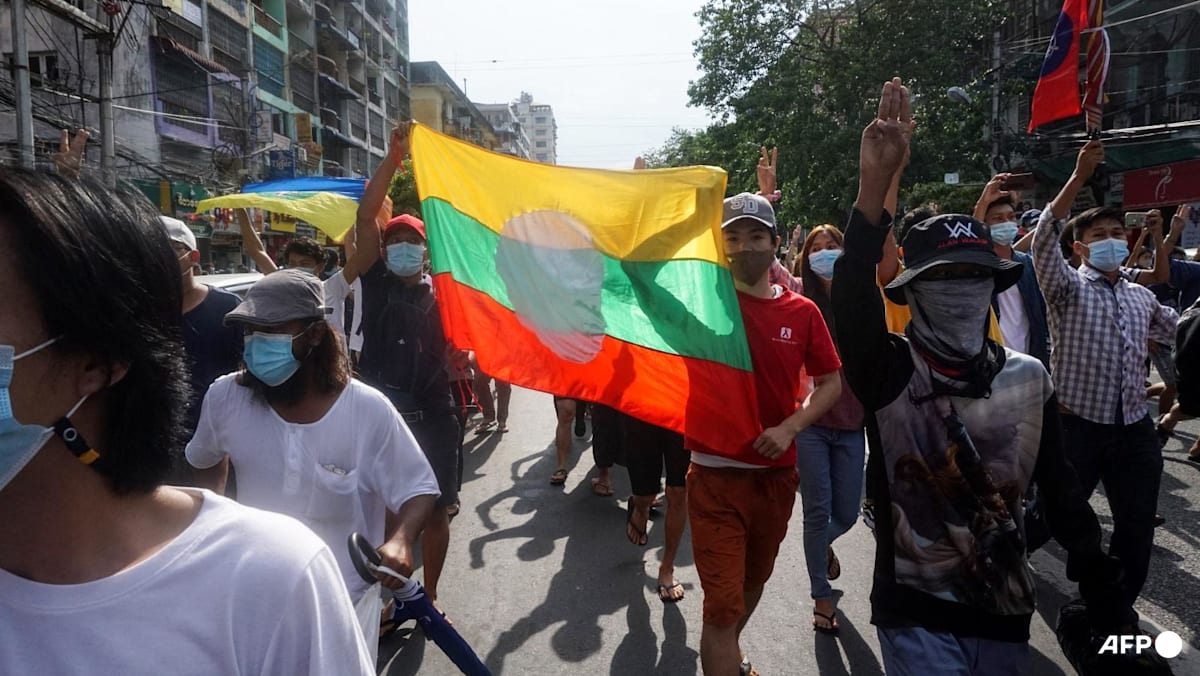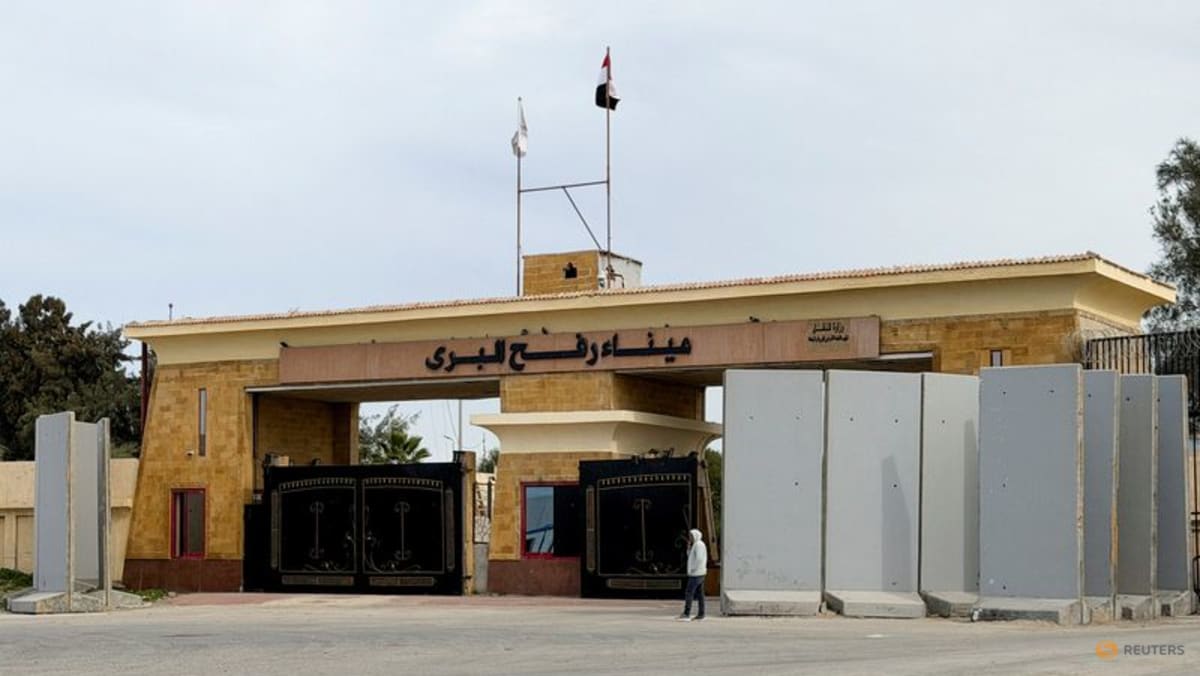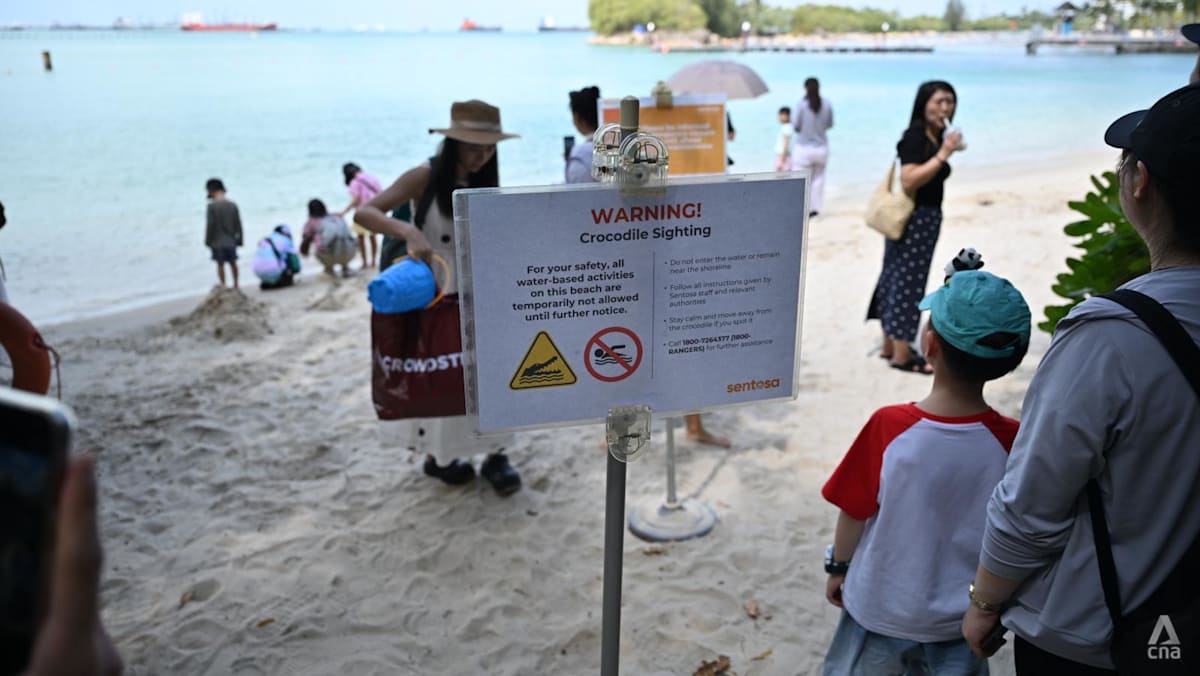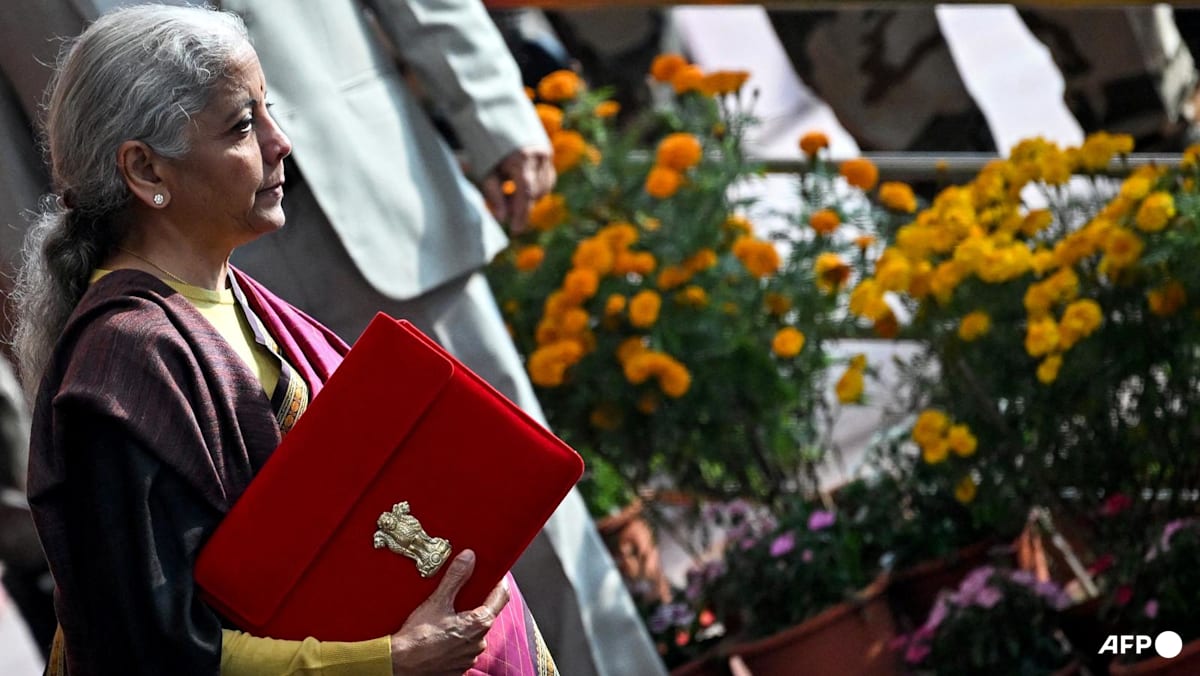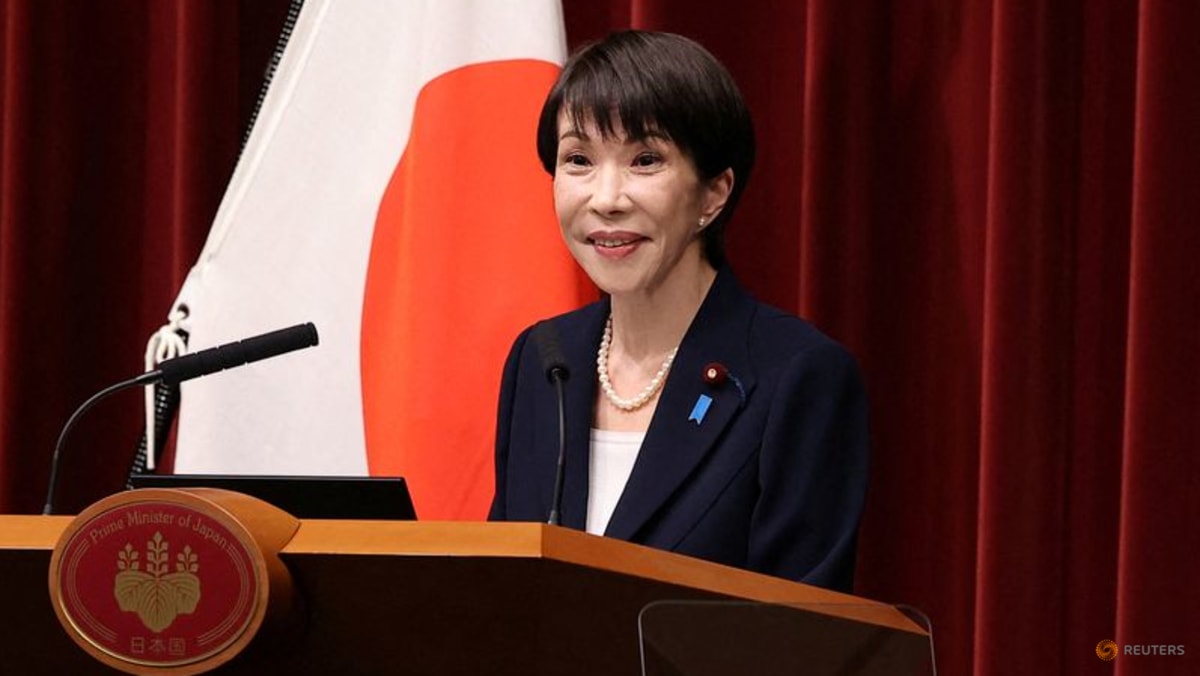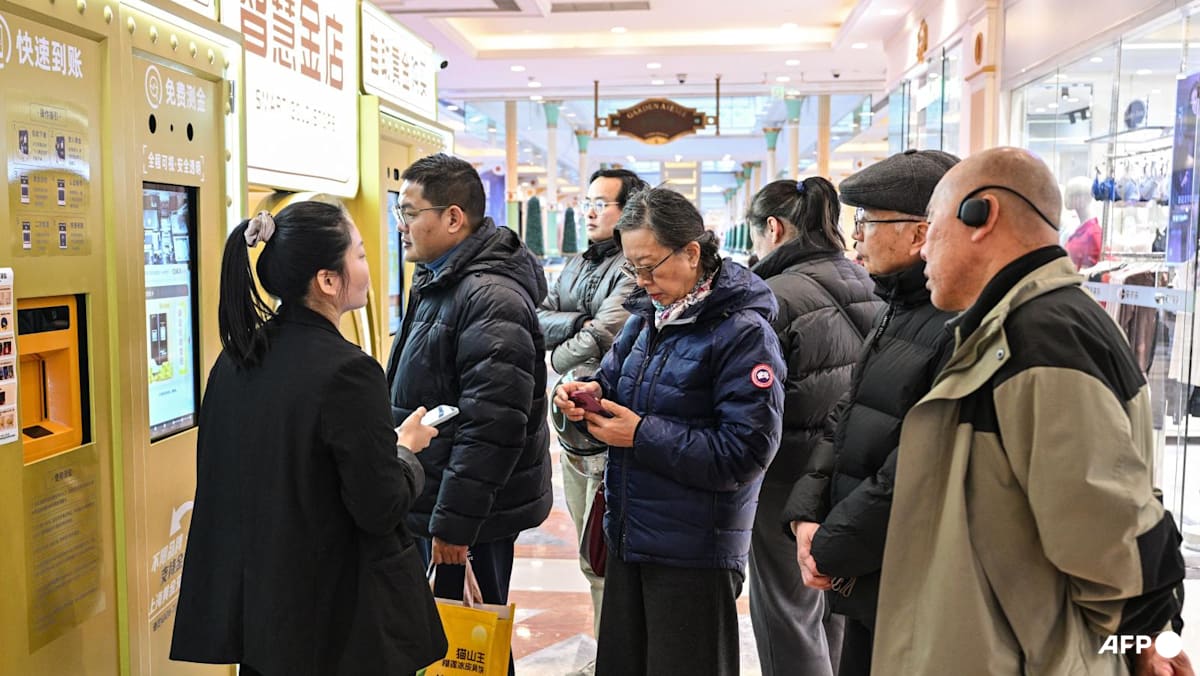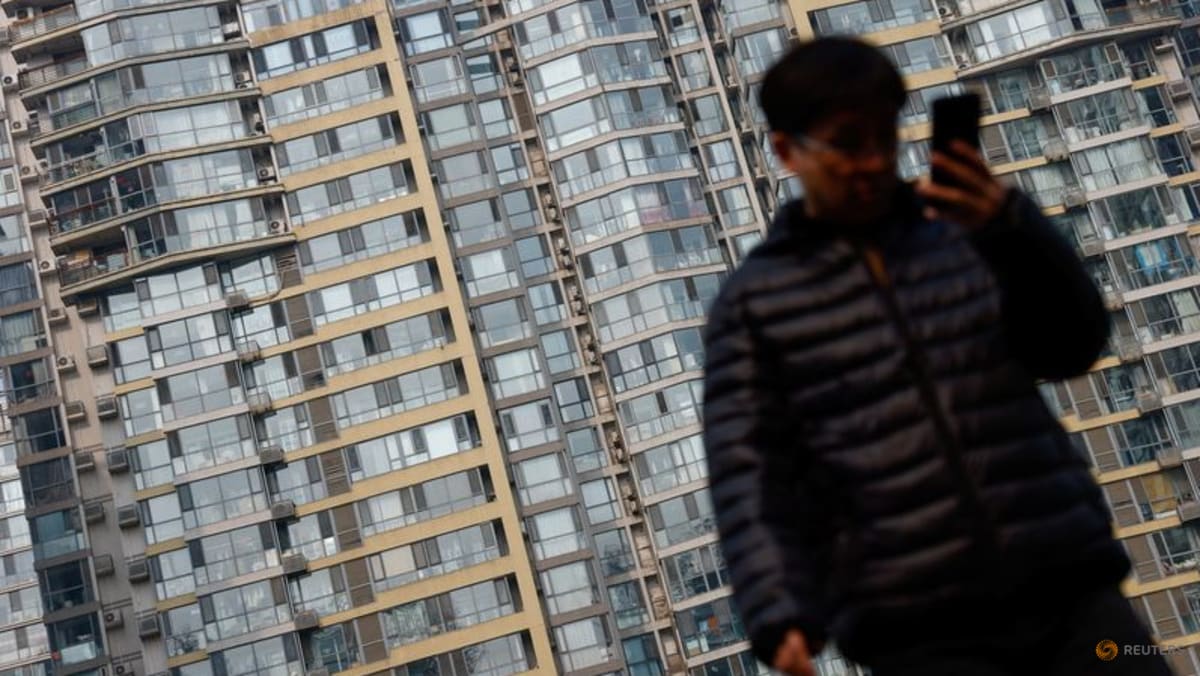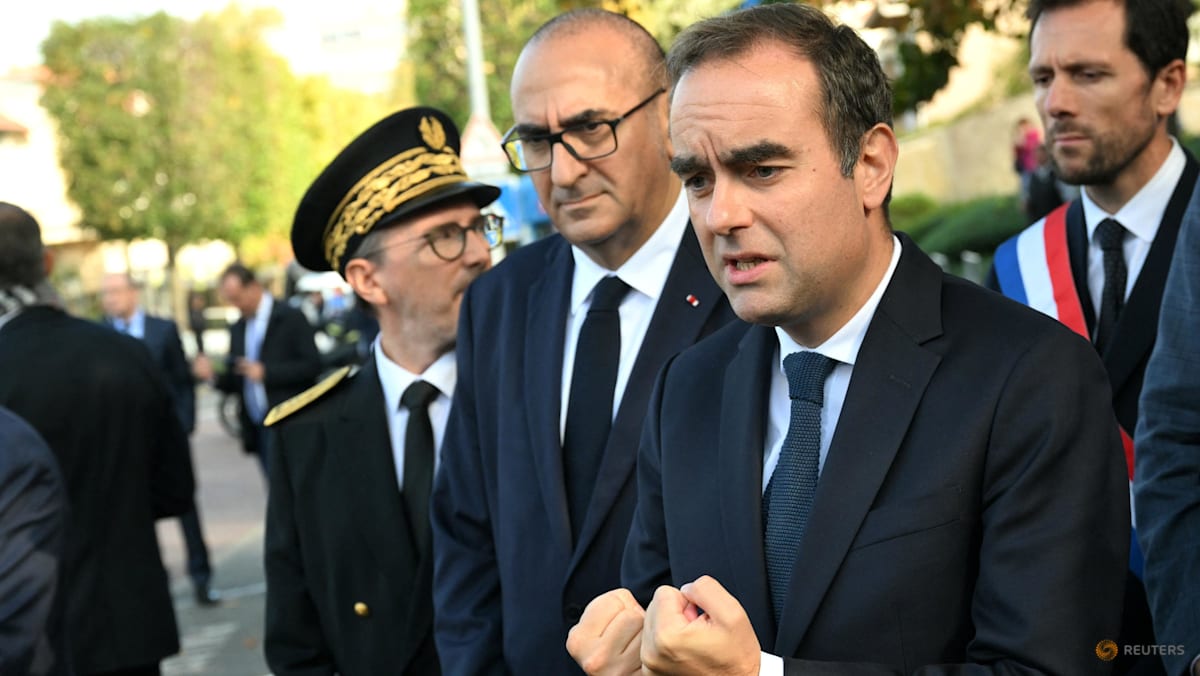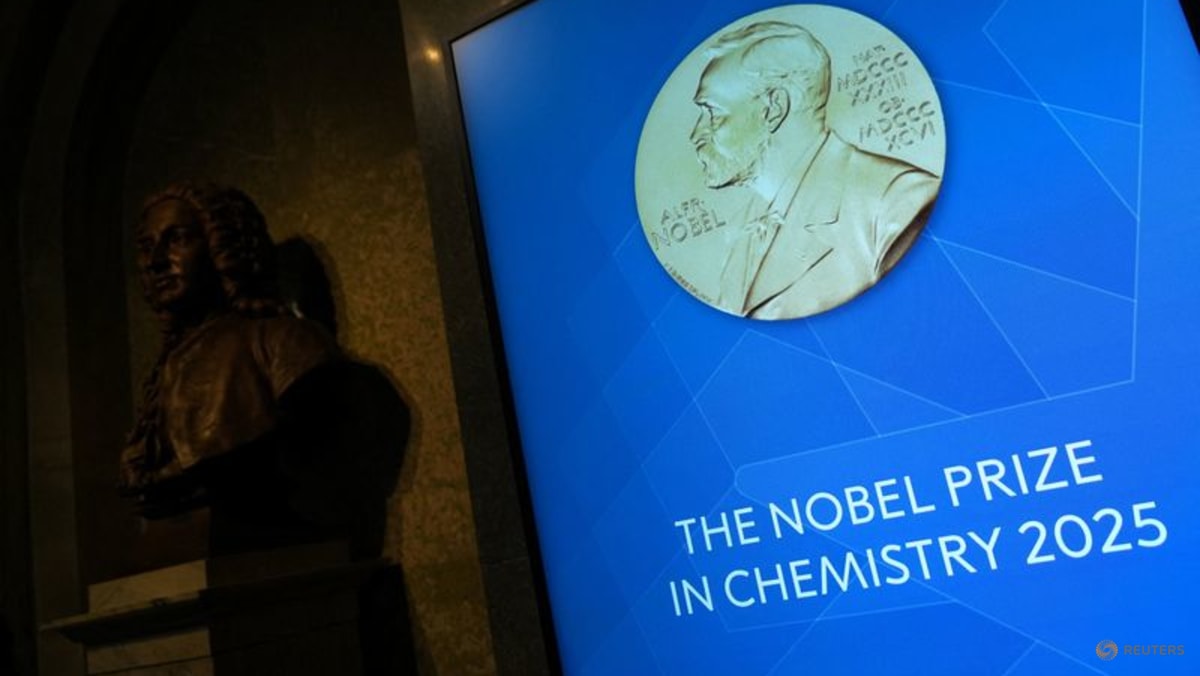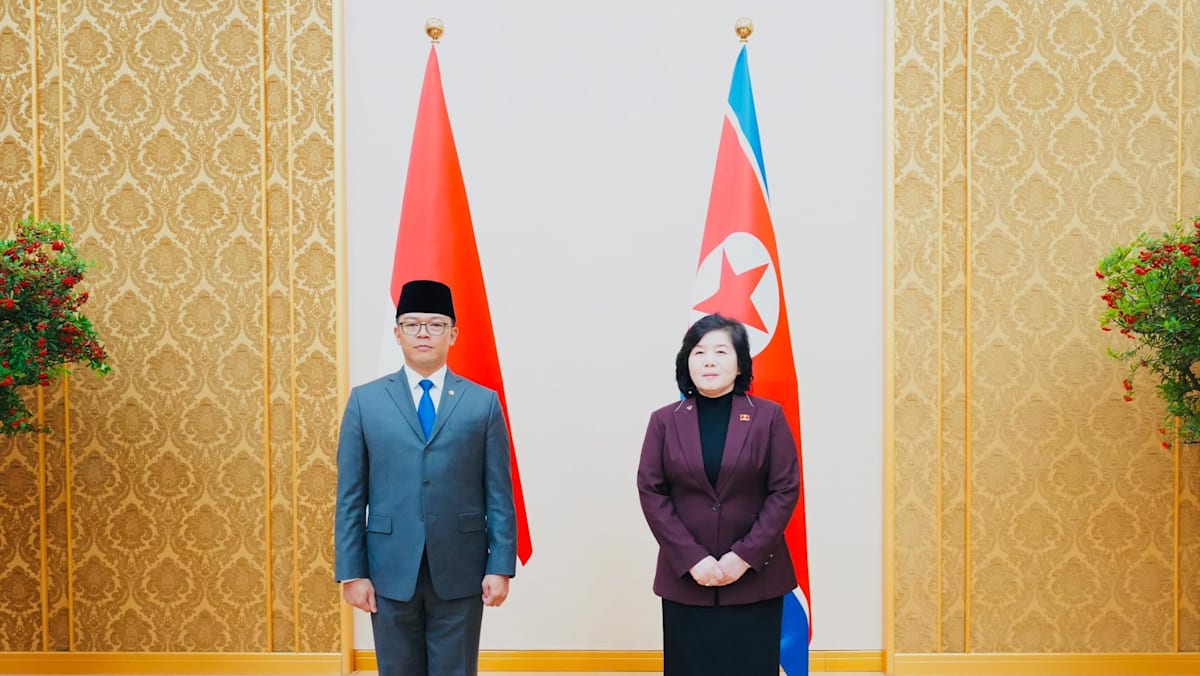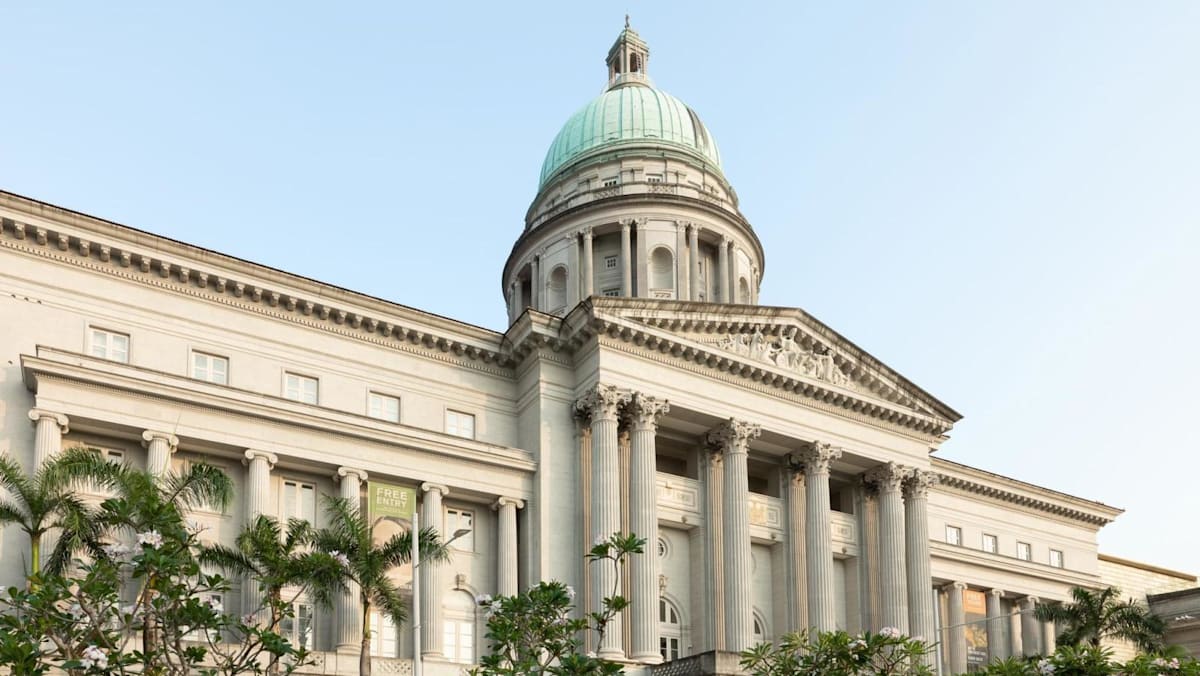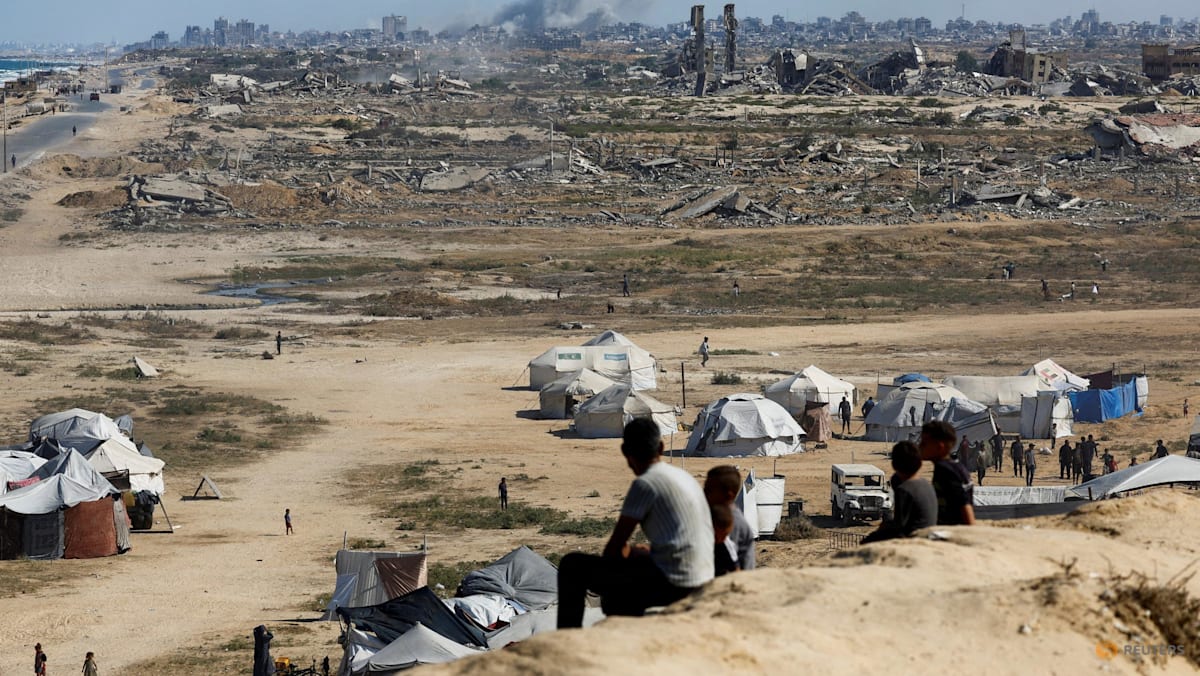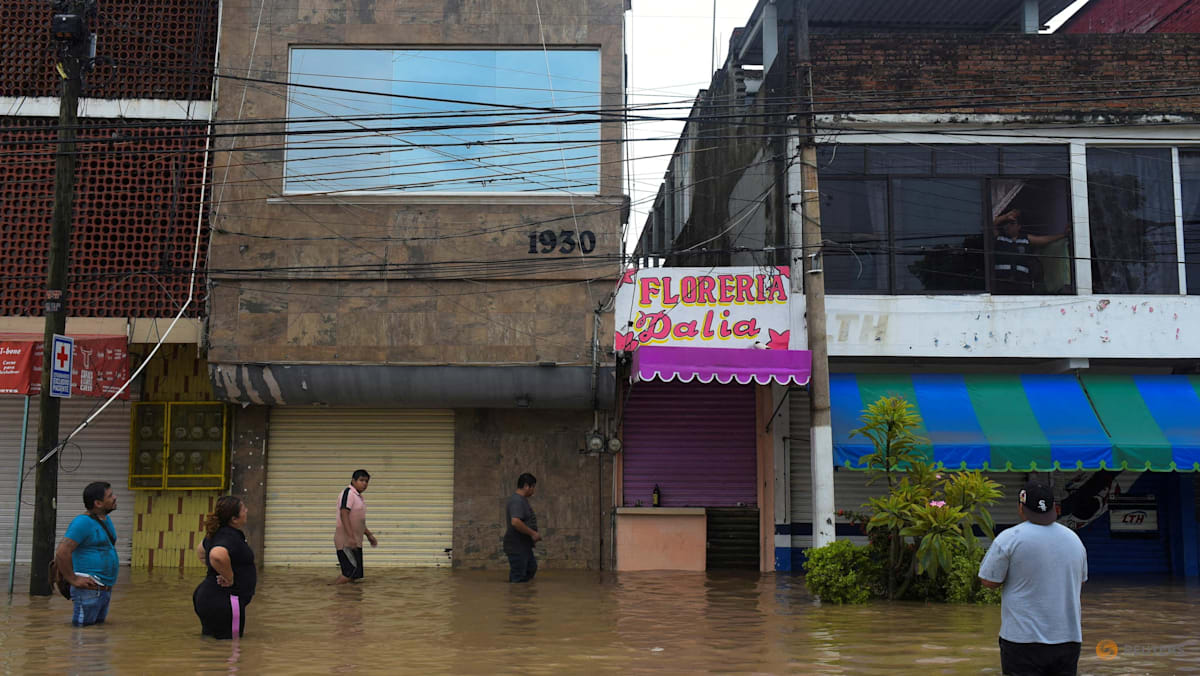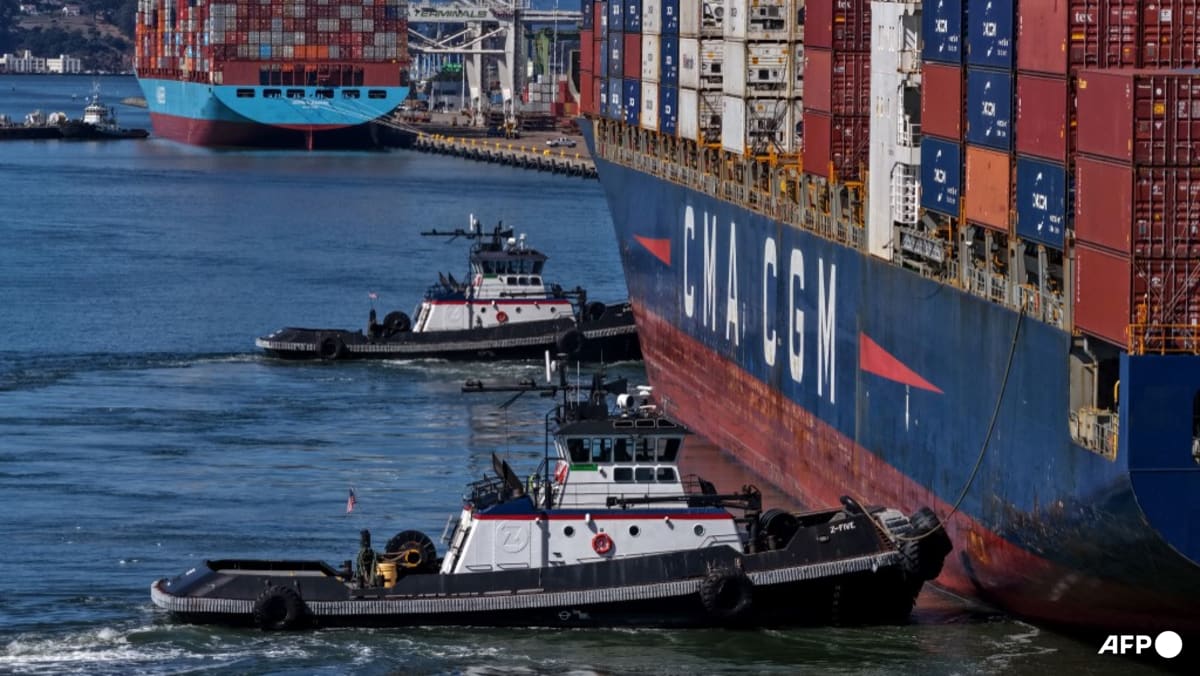SINGAPORE: Adults will pay 9 to 10 cents more per journey for card fares on public buses and trains from Dec 27, the Public Transport Council (PTC) announced on Tuesday (Oct 14).
Overall, public transport fares will be hiked by 5 per cent overall, which is lower than last year’s 6 per cent increase.
For concession card journeys beyond 3.2km, fares will increase by 3 to 4 cents — also lower than last year’s increase of 4 cents per journey.
More than a third – about 450,000 – of such journeys are currently 3.2km or shorter, commuting to school, work or nearby amenities, said the council in a press release.
Cash fares will also increase by 5 cents for students, 10 cents for seniors and those with disabilities, and 20 cents for adults and other commuters.
This reflects the higher operating costs of handling cash, the PTC said, adding that less than 1 per cent of all public transport journeys were paid in cash and that such fares were last adjusted in 2023.
In a press conference on Tuesday, PTC chairperson Janet Ang said that while the council seeks to keep fares affordable in a system which sees an average ridership of over seven million daily, there are other considerations at play.
These include the wages of public transport workers, the increasing cost of operations and maintenance of the public transport network, and having sufficient resources to expand and improve the accessibility of the network, she said.
“The council recognises that any fair adjustments can be challenging for commuters in an economic climate of uncertainty. Hence, in the past few years, as you know, the council has not granted the maximum allowable fare quantum,” said Ms Ang.
PTC also announced that it will change the time period it looks at to calculate annual fare increases – the council previously looked at economic data from January to December in the previous year.
From the next fare review exercise onwards, the council will change its 12-month reference to the period spanning from the previous year’s July to June of the current year instead.
This is so as to reduce the gap between the cost changes for operators and the adjustment of fares by six months, the PTC said.
Fare changes are usually implemented in December after the annual fare review exercise, which meant that PTC’s decision would be based on data from at least a year ago.
To facilitate this shift, this year’s review will take in the 18-month stretch from January 2024 to June this year.
PTC chief executive Leow Yew Chin said during a press conference that the council had identified the time lag issue three years back.
“We could have done it earlier, but we were still studying the issues then. So I think this is a better time for us to do it, now after looking at the data available,” he said in response to a question from CNA.
OTHER FARE CHANGES
For the first time, the surcharge for express bus services will be raised. These services provide commuters with faster journeys from the heartlands to city areas and key employment centres.
Due to the higher costs of running such services and to improve financial sustainability, the PTC said it will increase their fare difference over basic adult bus and train fares by S$0.40 for adults and S$0.20 for concession groups, for card payments. For cash payments on these services, fares will be increased by S$0.60.
The difference in fares between express and basic services has not been adjusted since 2010.
In addition, the price of monthly passes for adults and seniors will drop by up to 5 per cent, while the government will similarly reduce the prices for Workfare Transport Concession cardholders and those with disabilities, benefitting about 155,000 commuters.
Adults and concession cardholders who use public transport frequently should consider buying monthly passes to cap their public transport expenses and mitigate the impact of the fare increase, the council said.
Lower-income households will also receive S$60 in Public Transport Vouchers, which is unchanged from last year.
PTC said transport operators SBS Transit Rail and SMRT Trains will have to contribute 20 per cent of their expected increase in revenue – a total of S$10.65 million – to the Public Transport Fund, which funds these vouchers.
The vouchers can be used to top up fare cards or purchase monthly passes, the Ministry of Transport and the People’s Association said in a joint press release.
Households that received a voucher last year and continue to be eligible – a monthly household income per person of not more than S$1,800 – automatically gets one this year, and will be notified by the end of December.
Those that meet the criteria but did not receive a voucher last year can apply online or in-person at their local community centres and clubs early next year.
Upon receiving their notification letters, households can redeem their vouchers via the SimplyGo app or at any SimplyGo Kiosk, Top-Up Kiosk, Assisted Service Kiosk, SimplyGo Ticket Office or SimplyGo Ticketing Service Centre from Dec 29 onwards.
Vouchers for the 2025 exercise will be valid for redemption until March 31, 2027.
MANAGING THE DEFERRED QUANTUM
On the issue of the deferred quantum, the council’s decision to raise the fares by 5 per cent reduces it to 9.4 per cent from where it currently is at 12.9 per cent.
PTC adopts a flexible fare mechanism to minimise impact on commuters while ensuring that operators will be compensated for their operating cost changes over time.
This means that future review exercises will need to consider how to adjust fares moving forward to compensate for the deferred fare increase.
The fare formula this year allows PTC to raise fares by a maximum of 14.4 per cent, but the council decided on the 5 per cent hike due to cost of living concerns.
Mr Leow noted that if the full 14.4 per cent hike was imposed, it would have translated into a flat 21 cent fare increase for all commuters.
“As much as we can, we want to keep the financial impact of fare adjustments manageable for commuters. But this has meant that the deferred quantum from previous years is not yet fully reflected in our fares,” added Ms Ang.
This means that fares have not adequately accounted for the actual cost of operating and maintaining the public transport system, and additional government subsidies – funded by taxes – are required, she added.
The government has agreed to provide an additional subsidy of over S$200 million next year to help moderate the fare increase while accounting for the higher costs of public transport provision, said the council.
This comes on top of the annual operating subsidies of S$2 billion for public transport and additional government funding of close to S$1 billion over eight years – from 2024 to 2032 – for the Bus Connectivity Enhancement Programme.
“The fare adjustment formula protects the interests of commuters by capping the adjustment, rather than leaving it to the operators to pass through all cost increases to commuters to bear,” said the PTC.
CURRENT ECONOMIC CLIMATE
In deciding the fare adjustment, PTC considers Singapore’s economic climate, which reflected in the various components of the council's formula that takes in inflation, wages, energy prices, as well as the productivity contribution of operators and capacity adjustment factors.
This year, the PTC was guided by an updated formula, which is in use for the third year.
Both rail operators had applied for the maximum allowable fare adjustment of 14.4 per cent, citing cost pressures from a competitive labour market and rising maintenance costs due to ageing assets.
They also face elevated energy price levels compared to before the 2022 energy crisis and uncertain prospects for recovery to pre-COVID ridership levels due to hybrid work arrangements, said PTC.
The overall fare adjustment of 5 per cent translates to an increase in fare revenue of about S$115.5 million a year.
The increase in annual revenue for SBS Transit Rail and SMRT Trains is S$17.6 million and S$35.6 million respectively. Fare revenues for bus services and the Thomson-East Coast Line collected by the Land Transport Authority will increase by S$62.3 million.


